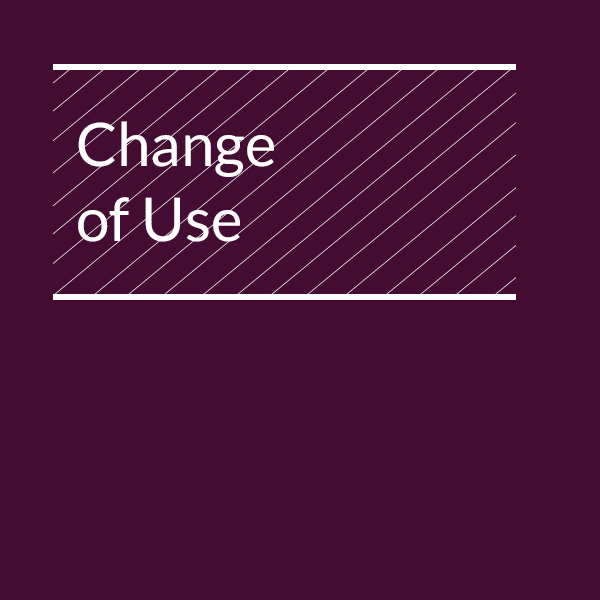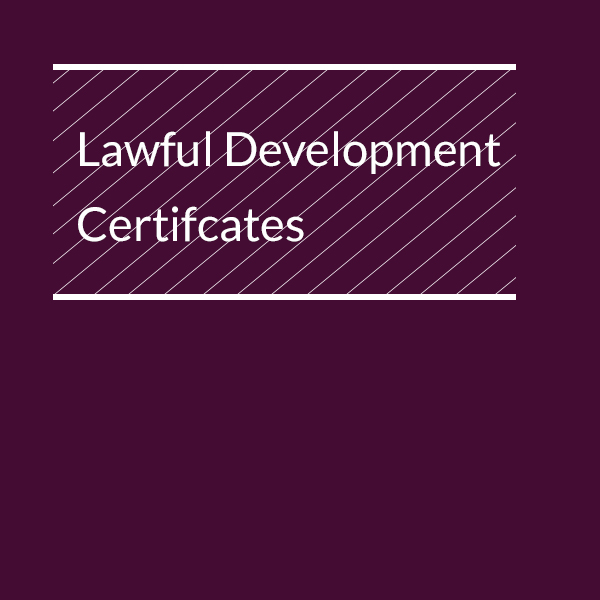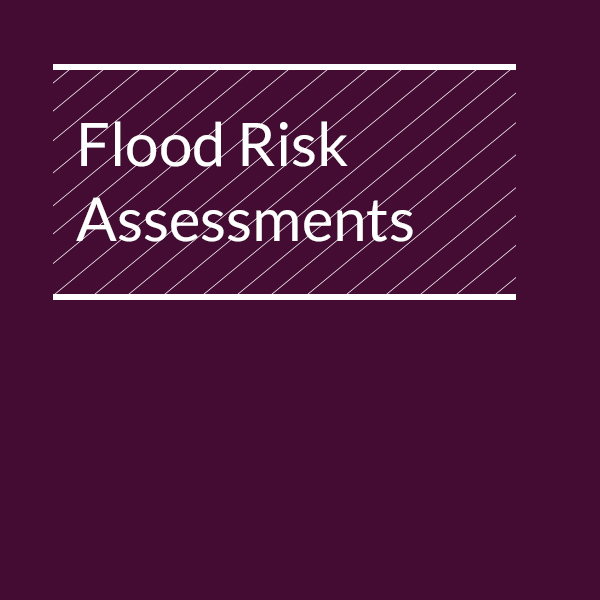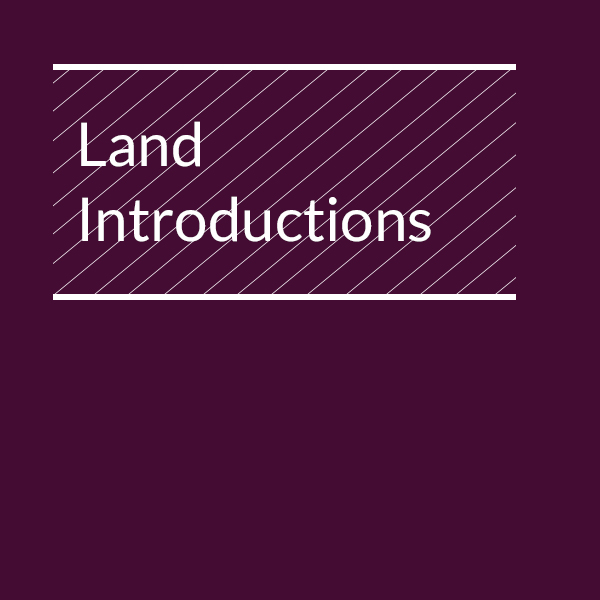Development Potential

Understanding how to value land with development potential can help both land owners and developers maximise value and minimise risk.
Preparing for a best practice valuation
There are a few best practice steps in preparing to value land for development:
Establish the facts
The valuer must become familiar with the characteristics of the site in question and have a solid knowledge of the development components. This should involve a physical inspection of the site and other appropriate research to reveal information such as:
- identification of the extent of the site (frontage, width, depth, areas ready for development);
- details of any existing buildings (number, size, etc);
- evidence of (or the potential for) site contamination;
- features of archaeological or historic significance;
- the risk of flooding; and
- the availability and capacity of local infrastructure.
The information available will change depending on the stage of the project at which the valuation is undertaken. So a review of the valuation might be needed later if more details become available.
Assess the development potential
With the site ‘facts’ established, you then need to carry out an accurate assessment of the form and extent of the physical development that can be accommodated.
As part of this you should look at the current permissions on the site. Does the site have the capacity for the development desired and are the required permissions already in place? If not, you need to identify what planning consents would be needed in order to achieve those permissions, while keeping an eye out for any potential obstacles that could stand in your way.
Identification of the potential demand for the desired development comes next—bearing in mind its location, local amenities, car parking, and the market supply of competing developments in the area. Adjacent land should also be considered, as it may be necessary to acquire this land in order for the development to take place.
Two approaches to valuation
With the preparation complete, it’s time for the valuation itself. There are two approaches to the valuation of development land:
- Valuation by comparison—comparing this price with the sale price of land for comparable development
- Residual valuation—which is the assessment of the potential value of the completed development, minus the development costs and developer profit.
However, these approaches are not mutually exclusive. Depending on the nature of the site and the desired development, it might be beneficial for both approaches to be used when undertaking a valuation.
Valuation by comparison
This is the more objective of the two approaches. It looks to analyse and compare the price against other sites with similar development characteristics such as location, size, and type of development.
While this comparison may seem simple on paper, there are several factors to bear in mind that could affect the prices elsewhere. These might include:
- values varying considerably within a small region;
- the density of development between sites could differ;
- the differing condition and type of the comparable sites (greenfield vs brownfield, etc);
- varying site infrastructure and construction requirements and costs;
- any planning obligations; or
- the sale date of the comparable price (especially pertinent in a changing marketplace).
Residual valuation
This approach to valuation is used where a development is particularly different or complex and there are few comparable sites. (Although it’s always useful to attempt even a limited investigation of other comparison site prices to see if the residual valuation result is reasonable.)
A residual valuation requires input of known data about the site, plus a series of base assumptions, in order to evaluate its eventual worth to the developer. The general equation is that it’s an assessment of the value of the desired development after completion, minus the development costs, developer’s profit, and any fees to be paid.
Being more subjective, this approach arguably has the potential to provide a more specific valuation for a particular site and developer. But with so many imprecise or unknown variables being used, even a small change or uninformed assumption in any of them can affect the value of the land significantly.
Getting the valuation right first time
With all these variables to consider, especially with more complex sites, it can be difficult to undertake a valuation of development land that will minimise developer or investor risk. Yew Tree Associates offer expert advice.
If you would like to discuss how we can help you with land and town planning and development advice contact us and we would be delighted to assist.

























